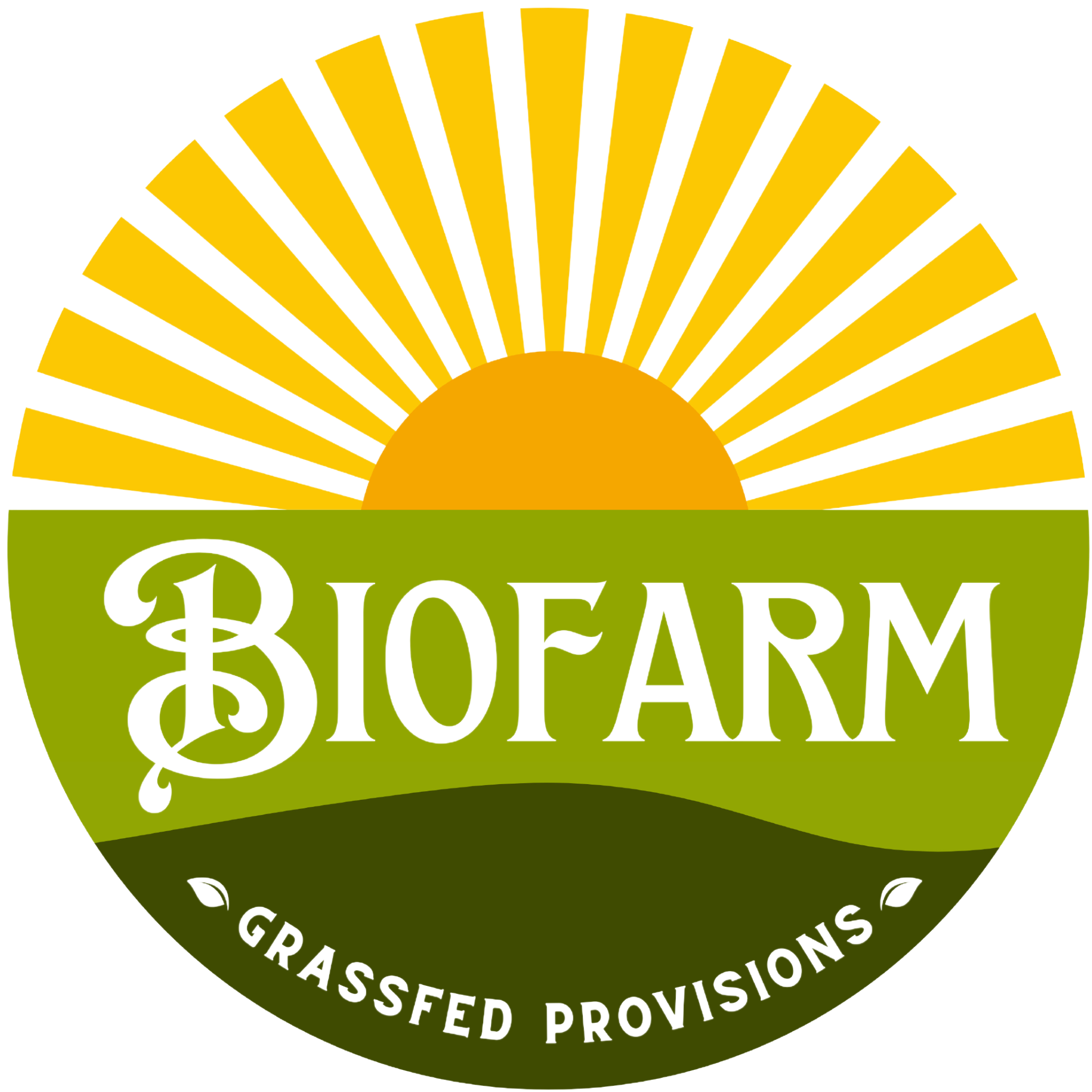Summer Storage Tips: Keep Your Biofarm Eggs & Dairy Safe in the Florida Heat
posted on
July 5, 2025

As summer sets in and the Florida heat intensifies, it’s more important than ever to handle your farm-fresh food with care.
We want to help you get the most out of your pasture-raised eggs and raw dairy – safely and deliciously. Please take a moment to read this quick guide before your next pickup.
🥚 EGG SAFETY: The Bloom, Bacteria & Best Practices
Our eggs are lightly washed but not sanitized, which preserves the natural “bloom” – a protective layer that helps prevent bacteria like E. coli from entering the shell. That said, in Florida’s summer heat, countertop storage isn’t safefor long.
Here’s how to store them right:
🥚 Egg Storage Chart
Storage Location | Season | Storage Time | Notes |
Room Temp (Counter) | Winter (Cool Temps) | 7–14 days | Only if under ~70°F. NOT for hot months. |
Room Temp (Counter) | Summer (Hot Temps) | ❌ Not Safe | High heat = high risk. Refrigerate right after pickup. |
Refrigerator (Unwashed) | All Year | Up to 3 months | Keep in carton. Do not wash until use. |
Refrigerator (Washed) | All Year | 4–6 weeks | Shorter shelf life – bloom is gone. |
🥛 RAW DAIRY STORAGE: Cool It Fast for Safety
Raw milk and dairy are alive with beneficial bacteria, enzymes, and nutrients – but they are highly perishable, especially in the heat. To keep your dairy safe:
- Bring a cooler with ice packs when picking up
- Refrigerate within 30 minutes
- Never leave dairy in a warm vehicle, even for a few minutes
🥛 Raw Dairy Storage Chart
Product | Storage Method | Best By Timeline | Notes |
Raw Milk | Refrigerator (≤40°F) | 7–10 days | Shake before use; freshest within 5–7 days. |
Raw Cream | Refrigerator | 7–10 days | Higher fat = faster souring in heat. Keep extra cold. |
Raw Yogurt/Kefir | Refrigerator | 2–3 weeks | Naturally cultured; still needs refrigeration. |
Raw Cheese (Aged) | Refrigerator | 1–3 months | Store in wax paper or parchment. Avoid plastic wrap. |
Raw Cheese (Soft) | Refrigerator | 7–14 days | Eat quickly – these are more sensitive to heat. |
🧊 Final Tips for Safe Pickups:
- Bring a cooler with ice or frozen water bottles.
- Head straight home after pickup – no errands!
- Refrigerate everything as soon as possible.
Thank you for supporting local, regenerative farming and enjoying food the way nature intended. If you have any questions about food safety, feel free to reply to this email or ask us at the farmstand.



